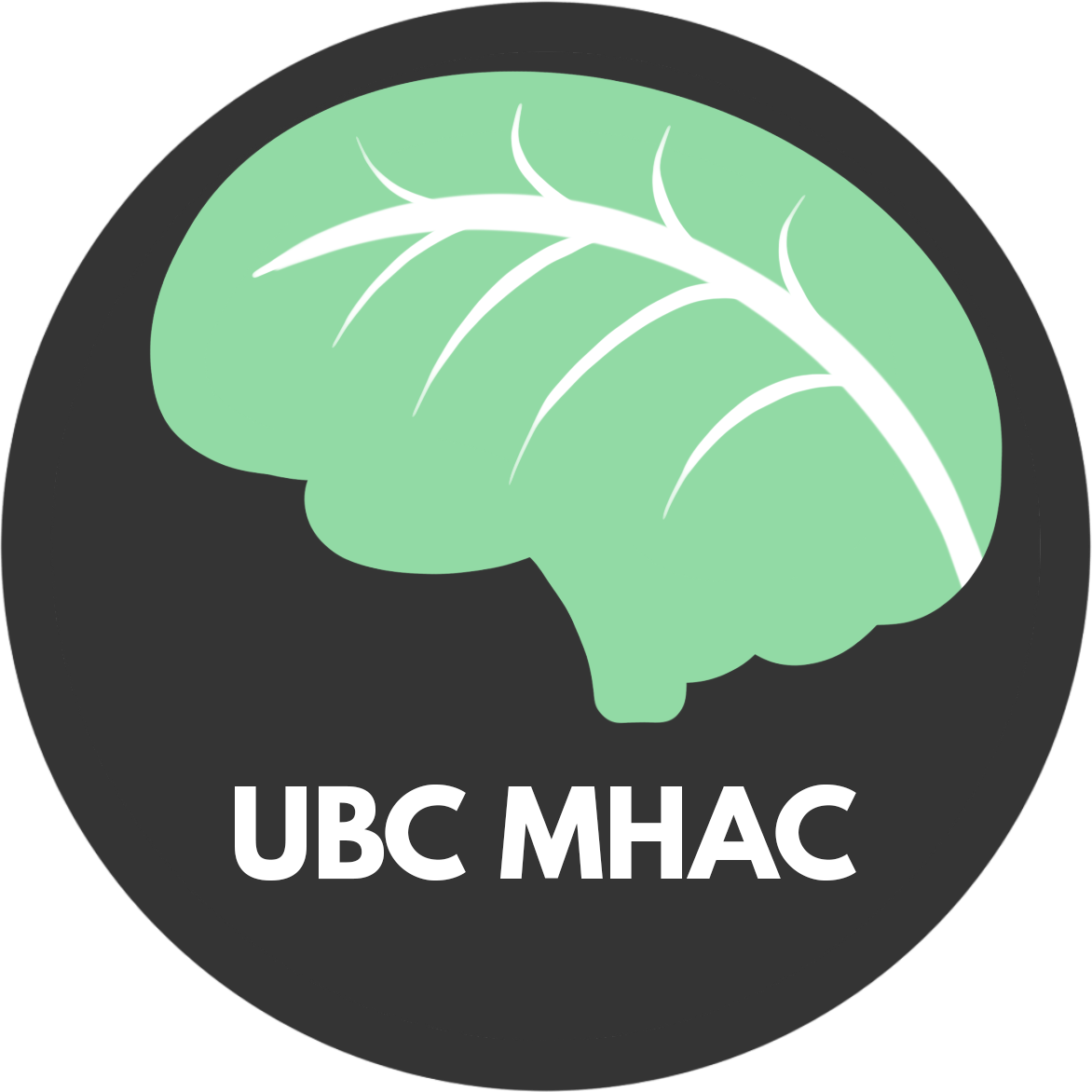I don’t know you guys, but there’s no empty space in my agenda for next week and the following ones with so many midterms coming up. To help dealing with this, I asked friends about stress management techniques that have provided academic performance benefits and helped them prevent stress-related burnout.
Some of them counteract study-related burnout by managing their minds and bodies through meditation practice, which can temporarily influence brain activity by improving control over attention. Students who complain about poor concentration may get really stressed when cramming at night for an important exam the following day, since they cannot focus on the tasks that need to be done. Some forms of meditation that involve focusing on a single thought (such as thinking of a candle flame) lead to good attention. Regular meditative training may not only relax and revitalize students suffering study-related burnout, but also increase their ability to focus their attention, playing an important role in settling down students’ wandering minds in class or when studying for an exam, and thereby improving their study-related efficacy.
Another way to manage stress is by changing the way of thinking about a study-related stressor. For example, my friend Laura is experiencing anxiety at the thought of three midterms coming next week. She magnifies this challenge to the point where she cannot stop thinking that she will not be able to handle that larger than average stressor. A friend advised her to replace this negative thought with a more positive one such as “I have already faced many exams in a small period of time (for instance, in finals week), and I succeeded”, to gain the self-confidence required to study success. Reframing a stressful situation may help improve study-related efficacy and decrease the students’ burnout.
Seeking out social support that will offer help when studying for a hard course is another stress management technique. I have a study partner and we motivate each other to study hard and to keep our academic work on track. Working together forces us to organize a schedule to meet and spend time studying, avoiding in this way mental exhaustion by distributing the workload rather than procrastinating and accumulating everything for the night before the examination, as we used to do before we met. We also explain concepts and problems the other cannot understand, complementing each other’s weaknesses and sharing our strengths. Moreover, it makes the time spent studying more pleasant, since the socialization that occurs while practicing problems cheer us up. Working together is an efficient way to study that improves academic performance and motivation, and avoids loss of interest in the subject, preventing study-related burnout.
I hope you find these techniques useful, at least they worked for them!
Written by Miriam Wagner Valladolid
